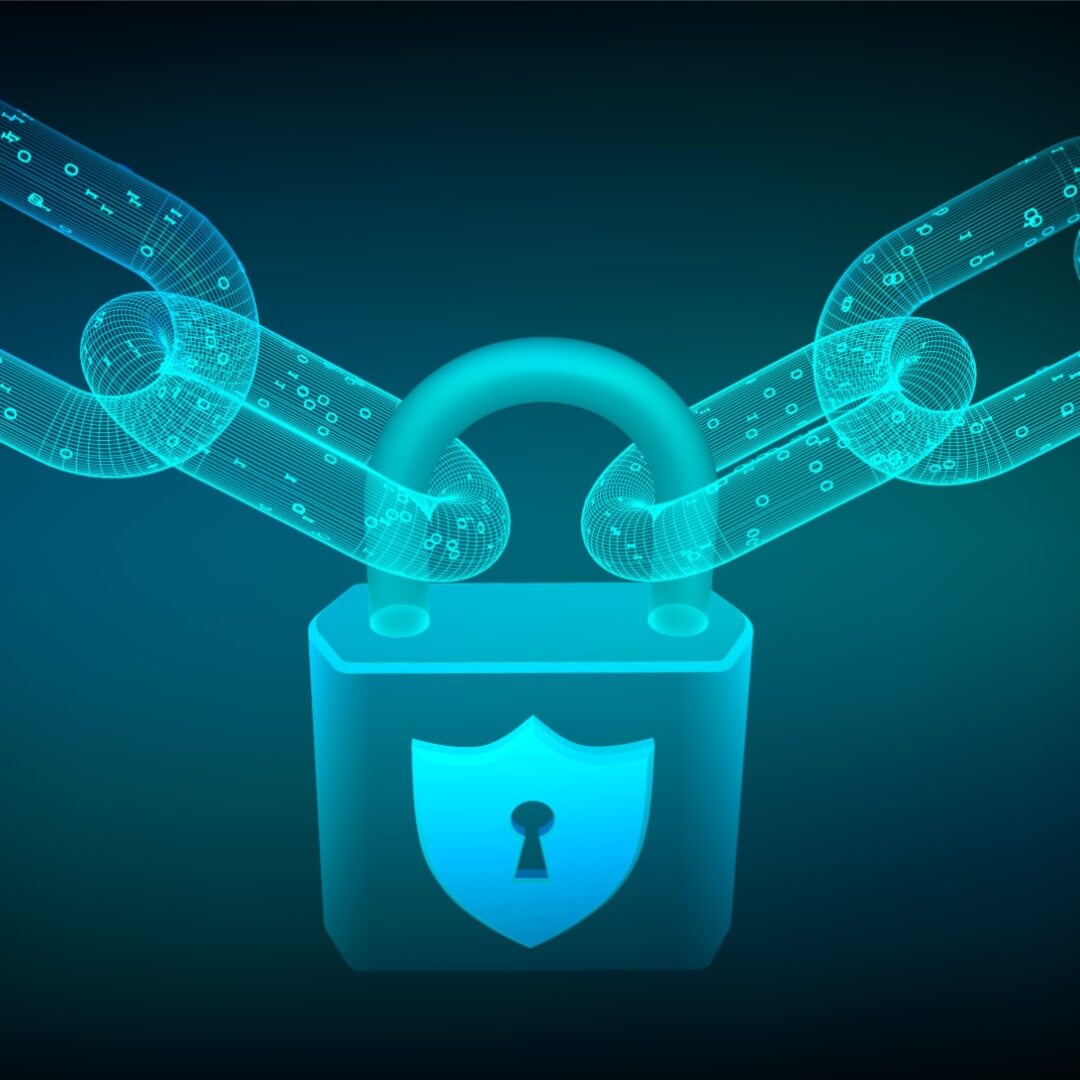What is blockchain ?

Blockchain is a large platform that
records transactions between two parties efficiently, verifiably, permanently,
and cannot be modified.
How
Blockchain Works
Blockchain is based on the addition
of each operation or movement to the system as a new "block", so the
platform is constantly growing. Each block is associated with its predecessors
and successors. Blocks check the exact time and sequence of transactions. The
blocks are securely connected to each other to prevent any block from being
replaced or another block to be inserted between the two existing blocks.
Transactions are blocked in the
blockchain (block chain), which is an unchangeable chain. Each new block
requires confirmation of the previous block. This gives the blockchain a very
easily recognizable structure when modified. As a result, it creates a platform
where no one can interfere and you and other users can trust.
Advantages
of blockchain
Anyone
can use: In other words,
as a rule, any person can enter the system without any permission or approval.
Each user is logged in with their own identification keys.
Information
security: All users in the
system are identified by private or public keys on the network. These keys, in
other words, passwords, are created by special algorithms. Similarly, the
confidentiality and inaccessibility of transactions to third parties is ensured
by these algorithms.
Stronger
security: All network
members must agree on the accuracy of the data, and they cannot be changed in
any way, as all approved transactions are permanently recorded. No one, not
even the system administrator, can delete or change any information.
More
efficiency: In addition, a
number of rules, called smart contracts, can be stored inside the blockchain
and executed automatically to speed up transactions.
Decentralized
structure: This means that
there is no common mechanism in terms of implementation or control. The
security of the system is ensured not by government regulations and
authorities, but by encryption methods using algorithms. Being decentralized
also means that no mediator is needed. For example, the transfer of money to
the other party is carried out directly, not through an intermediary, as in the
banking sector.